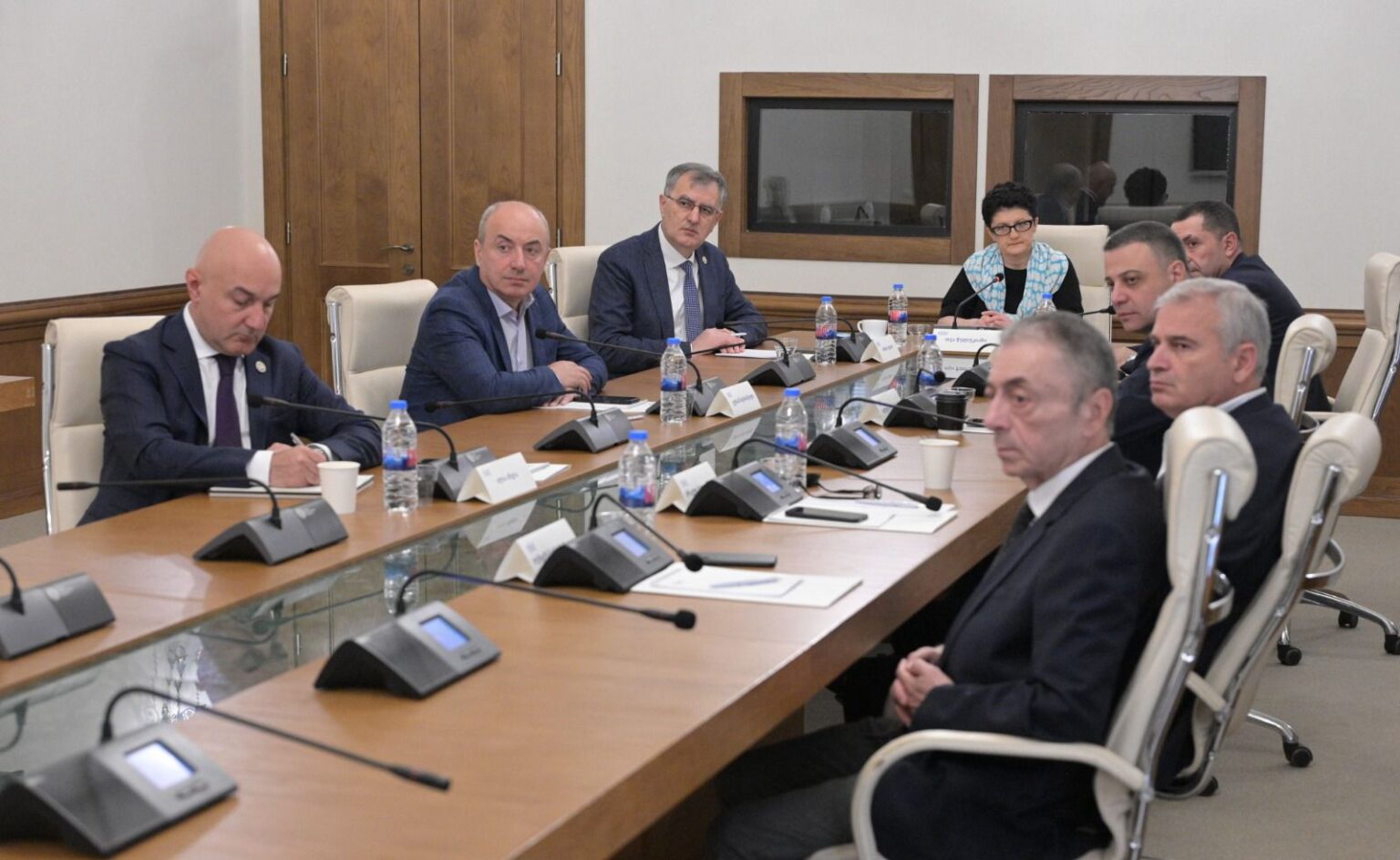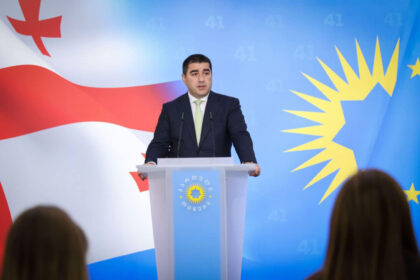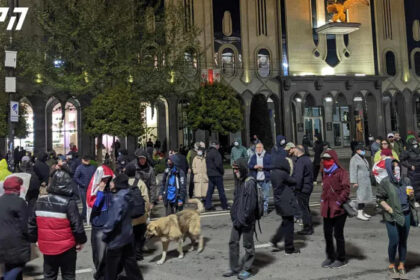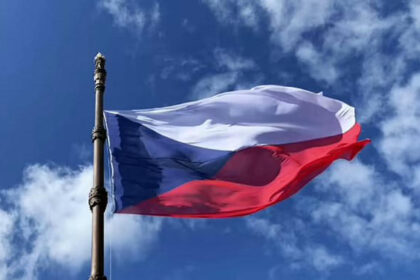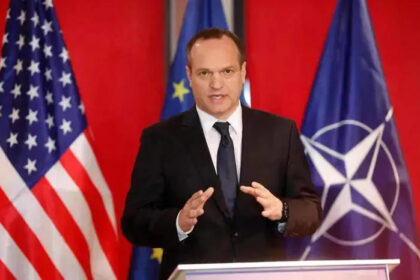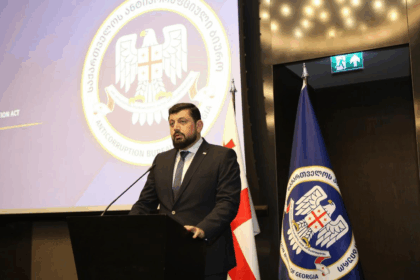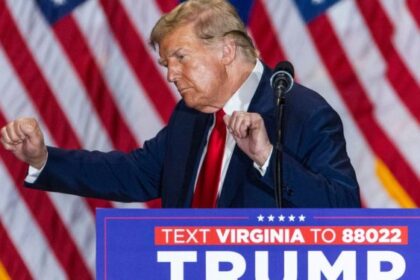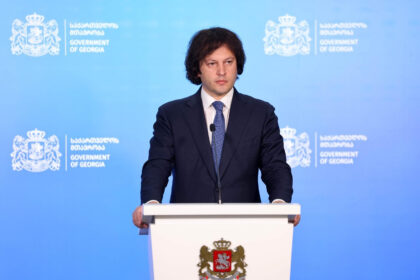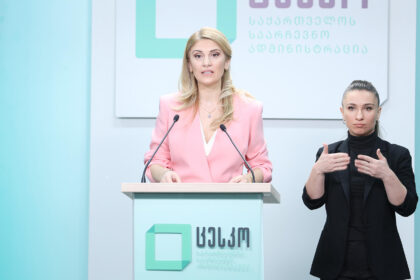**Georgia’s Ruling Party Takes Aim at Opposition in New Investigation Report**
In a move that has sparked widespread concern, Georgia’s ruling party, Georgian Dream (GD), has concluded a six-month investigation into alleged crimes committed by the country’s main opposition parties. The report, led by former Justice and Culture Minister Tea Tsulukiani, is expected to be made public in early September.
The commission was initially established to investigate crimes committed under the rule of the United National Movement (UNM) from 2003 to 2012. However, its scope was later expanded to cover current and former officials from 2003 to the present, effectively targeting nearly every major opposition party that GD brands as “the collective UNM.”
**A Damning Report?**
The report is expected to be damning, with GD leaders repeatedly signaling their intention to use it as a basis for removing opposition parties from politics. The commission chair, Tea Tsulukiani, claimed the document uncovers “torture and inhuman treatment in the penitentiary system,” “murders and violence committed by state agencies,” and other serious crimes.
The report draws on 46 commission sessions, testimony from 139 witnesses, and a total of 775 testimonies. It also reviews national and international court rulings and reports from international organizations.
**Opposition Leaders in the Crosshairs**
Several opposition leaders have already been targeted by the commission, with some facing criminal probes for refusing to testify or cooperating with the investigation. Among those summoned are Mamuka Khazaradze, Badri Japaridze, and Giorgi Gakharia, who remains abroad due to separate investigations into his actions as interior minister in 2019.
**Parliamentary Approval Expected**
The report will now be sent to the Parliament Bureau, which is expected to schedule a plenary session in early September for its presentation and adoption. This move has raised concerns among opposition parties that the GD-controlled parliament may use the report to justify further restrictions on their activities.
As the investigation report becomes public, it remains to be seen how the government will proceed with its findings. Will the ruling party succeed in using this document to weaken the opposition, or will the country’s democratic institutions hold strong?




